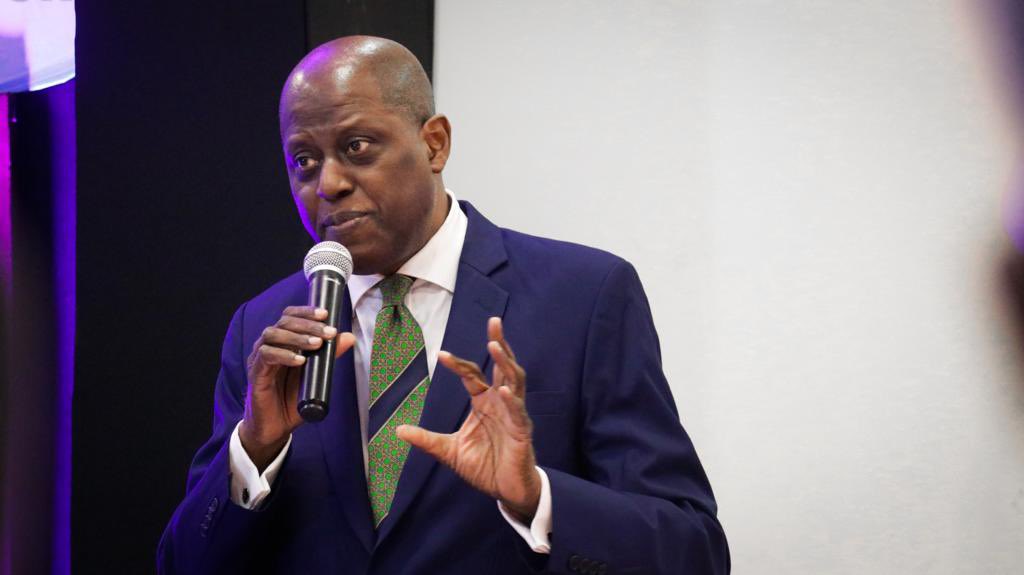

CBN Governor, Olayemi Cardoso
The Central Bank of Nigeria (CBN) says rising food prices are partly responsible for worsening headline inflation in the country.
CBN Governor Olayemi Cardoso said this while presenting the communique from the 298th meeting of the apex bank’s Monetary Policy Committee (MPC) in Abuja on Tuesday, November 26, 2024.
Cardoso said the MPC meeting was held on the backdrop of renewed inflationary pressures, as the headline, food, and core measures rose year-on-year in October.
He said the committee was particularly concerned that all three measures also inched up on a month-on-month basis.
The CBN boss stated that the committee suggested the persistence of price pressures, with attendant adverse impacts on income and welfare of citizens.
Cardoso said: “Members, therefore, agreed unanimously to remain focused in addressing price developments.
“Food prices remain a key contributor to the uptick, members commended the efforts of the federal government for the improved security, especially in the North-East of the country, which would likely improve food production.”
CBN raises interest rate to 27.5%
The CBN Governor said the rising energy cost also played a role in the general price level due to its impact on production factors.
He added: “The recent increase in the price of Premium Motor Spirit (PMS) has also impacted the cost of production and distribution of food items and manufactured goods.
“The committee is optimistic that the full deregulation of the downstream sub-sector of the petroleum industry will eliminate scarcity and stabilise price levels in the short to medium term.
“Members, thus, reiterated the need to strongly forge ahead with the deepening collaboration between the monetary and fiscal authorities.
“This is to ensure the achievement of our synchronised objectives of price stability and sustainable growth.”
Cardoso, however, stated that there was an improvement in the external sector, reflected by the increase in the current account surplus, enhanced remittance and capital inflows.
Nigeria’s inflation rate rises to 33.8%
Cardoso said they had impacted the external reserves positively.
“Consequently, the MPC urged the apex bank to explore measures to boost market liquidity,” he said.
The Nigerian National Petroleum Company Limited (NNPCL) has warned Nigerians against fraudulent recruitment advertisements circulating…
Kano State Governor Abba Yusuf has directed all his political appointees to declare their assets.…
The leader of the proscribed Indigenous People of Biafra (IPOB), Nnamdi Kanu, has tendered an…
Heirs Holdings has announced a partnership with GIVO Africa, a climate technology and recycling company,…
Heathrow Airport in the United Kingdom (UK) has announced it would be closed on Friday,…
United States President Donald Trump has signed an executive order intended to essentially dismantle the…
This website uses cookies.